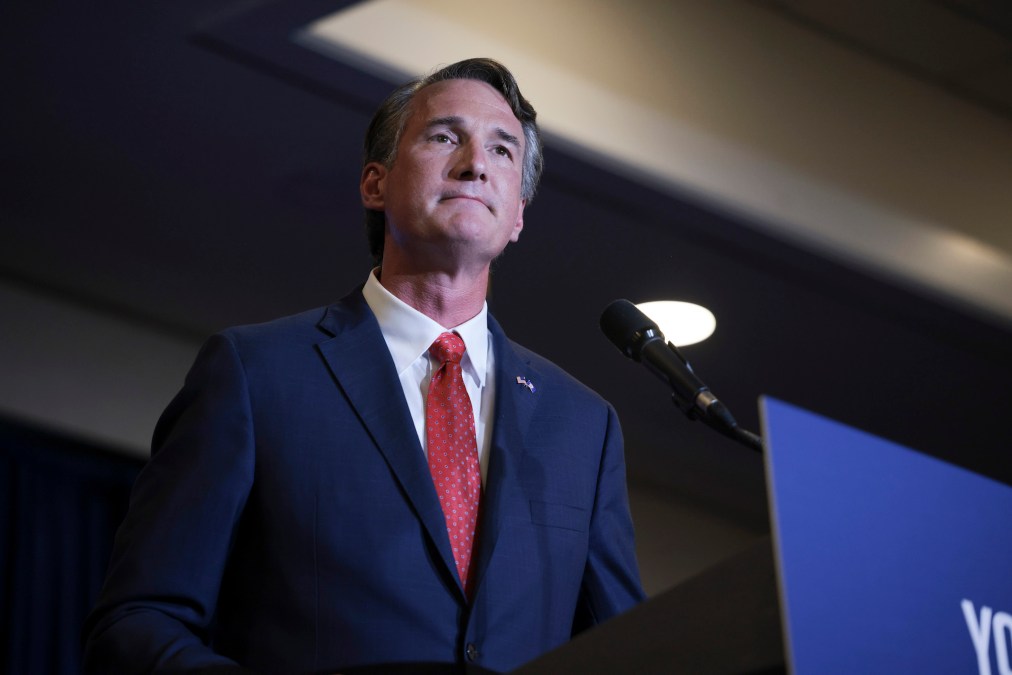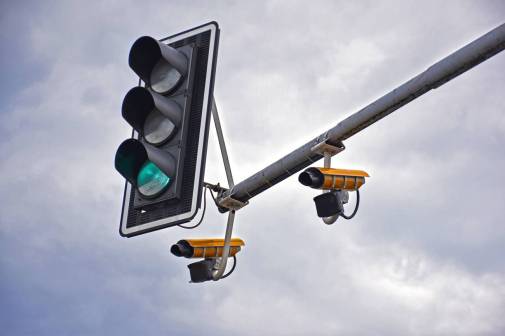Virginia governor vetoes AI discrimination bill that would have protected consumers

Virginia Gov. Glenn Youngkin on Monday vetoed a bill that would have offered consumers protections from discrimination created by artificial intelligence systems.
If enacted, the bill would have created requirements for companies developing, deploying and using “high-risk” AI systems. It would also have made companies responsible for protecting consumers from the potential bias created by using AI to make “consequential” decisions.
The bill defines consequential decisions as those made about an individual’s parole, probation, pardon or any other release from incarceration or court supervision; education enrollment or an education opportunity; employment; access to financial or lending services; health care services; housing; and insurance, among others.
The bill would have made Virginia the second state to get such AI discrimination rules on the books, after Colorado last year passed the nation’s first comprehensive AI law.
In a statement explaining his veto, Youngkin said the legislation would have created a “burdensome artificial intelligence regulatory framework,” and stifled innovation in the state. He also noted that his AI executive order, which he signed in January 2024, already established responsible AI usage guidelines across the executive branch, and that the state’s AI task force is working with the governor on key AI governance issues.
“The role of government in safeguarding AI practices should be one that enables and empowers innovators to create and grow, not one that stifles progress and places onerous burdens on our Commonwealth’s many business owners. This bill would harm the creation of new jobs, the attraction of new business investment, and the availability of innovative technology in the Commonwealth of Virginia,” Youngkin’s statement read.






